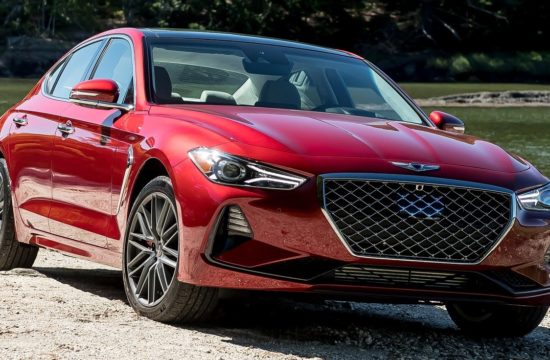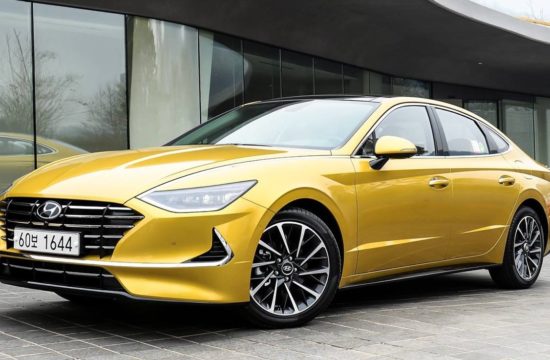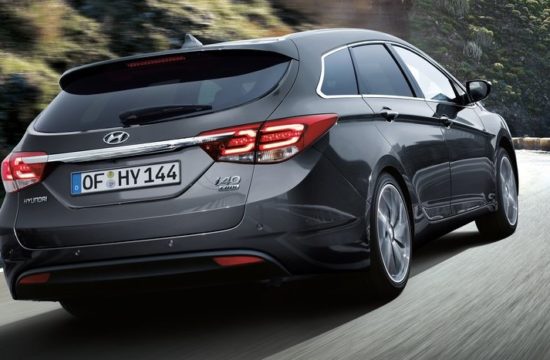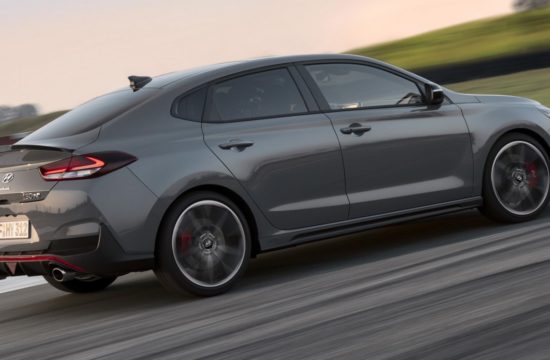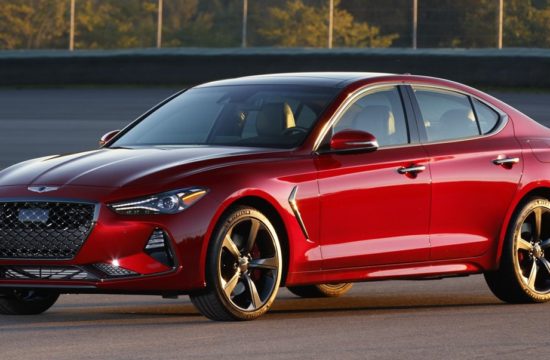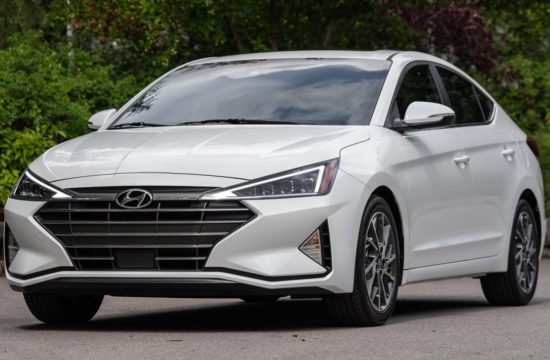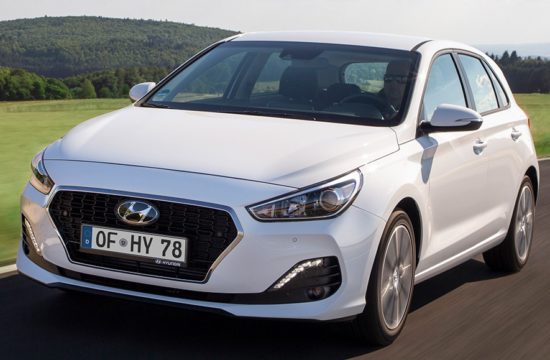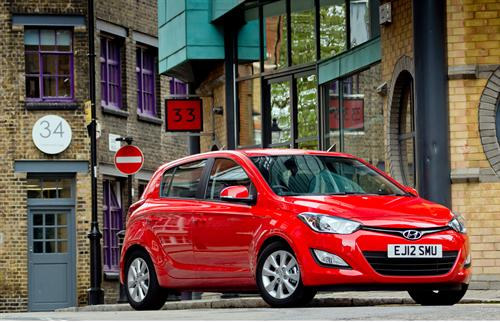
Hyundai UK recently did a research and found out less and less British families are getting together these days, and the rising cost of motoring is to blame for that. They see it as the perfect opportunity to promote the 88-mpg version of the i20 hatchback, which is fair enough, and also encourage people to go and see their relatives more often. Good thinking!
Hyundai’s research indicates that the most under threat is the traditional Sunday Roast, with 6 in 10 families saying that they have missed out on the occasion. It also revealed that the average family now spends £756 travelling 1,068 miles to visit relatives every year. So you can see why people are skipping occasions likes the Sunday Roast. It’s just not worth it.
Hyundai is naturally quick to remind us that a good way of getting round this issue is switching to more efficient cars, and the cite the i20 as a perfect example. The car offers fuel economy up to 88.3mpg and emissions of just 84 g/km of CO2, as well as a 5 NCAP safety rating. And unlike most cars with that level of economy, the i20 is not completely horrible to drive and to look at. It’s alright actually.
Hyundai has also come up with top 5 tips for economical driving to help you save money on car journeys:
1 – Limit heavy acceleration – Don’t accelerate harshly, as this uses a lot of fuel at once. Instead, move off gently and smoothly to your target speed and maintain it for maximum miles per gallon.
2 – Use the gears sensibly – Correct use of gears can make huge savings on your fuel bill. Make sure you change up into a higher gear as soon as it’s possible and safe to do so.
3 – Read the road ahead – Try to look ahead and read the conditions of the road – look out for anything that might require you to slow down or stop. By anticipating what is coming up, you’ll not only be a safer driver, but you’ll save fuel by starting to slow down early and not needing to come to a complete stop.
4 – Keep the car serviced – Clogged up sparkplugs and dirty oil can increase fuel consumption, so ensure your car is serviced regularly.
5 – Check your tyres – Make sure you check your tyre pressures regularly. Under-inflated tyres increase resistance and therefore more engine power will be required. Keep them pumped up in accordance with the manufacturer’s recommendations for the maximum miles per gallon.

